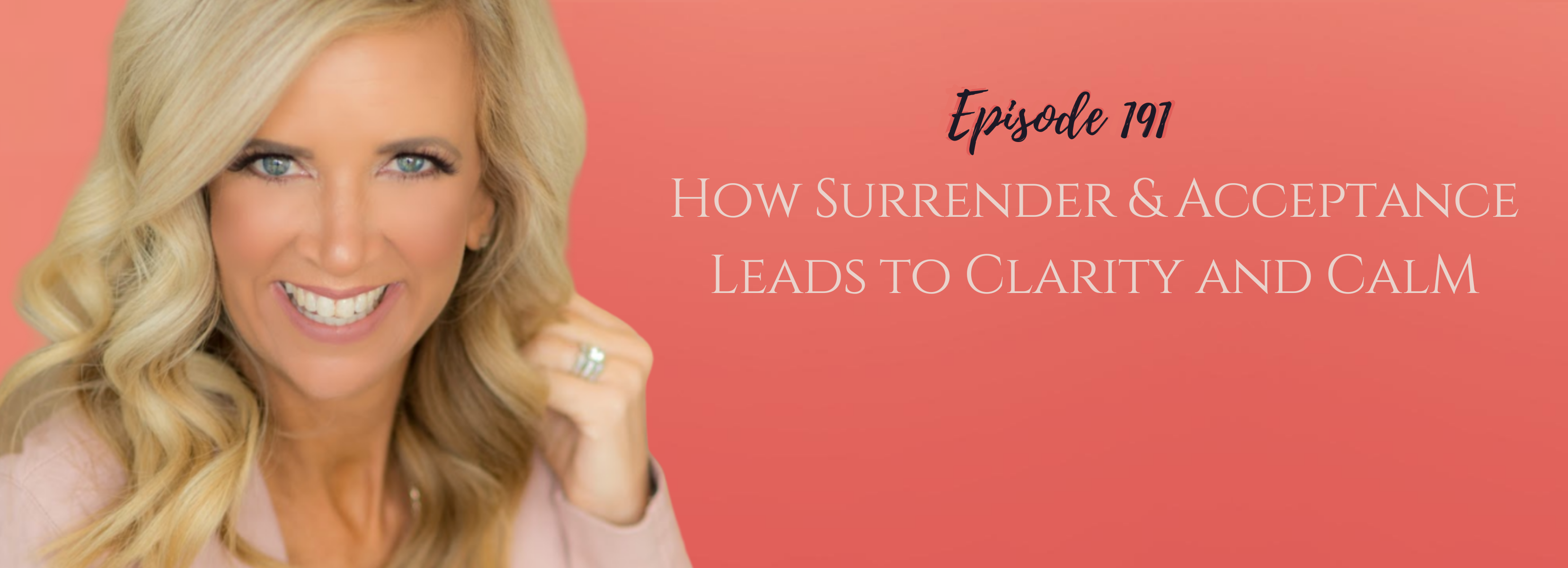
How Surrender & Acceptance Leads to Clarity and Calm| 12.14.2022
In this episode, Kristen talks about how to surrender and accept each moment as it is, and her own process of acceptance and surrendering.
You'll Learn
- What does it mean if you surrender
- How do you surrender and let go of control
- How do to start accepting your reality
- Benefits of surrendering
Resources
For counseling services near Indianapolis, IN, visit www.pathwaystohealingcounseling.com.
Subscribe and Get a free 5-day journal at www.kristendboice.com/freeresources to begin closing the chapter on what doesn’t serve you and open the door to the real you.
Subscribe to the Close the Chapter YouTube Channel
This information is being provided to you for educational and informational purposes only. It is being provided to you to educate you about ideas on stress management and as a self-help tool for your own use. It is not psychotherapy/counseling in any form.
[fusebox_transcript]